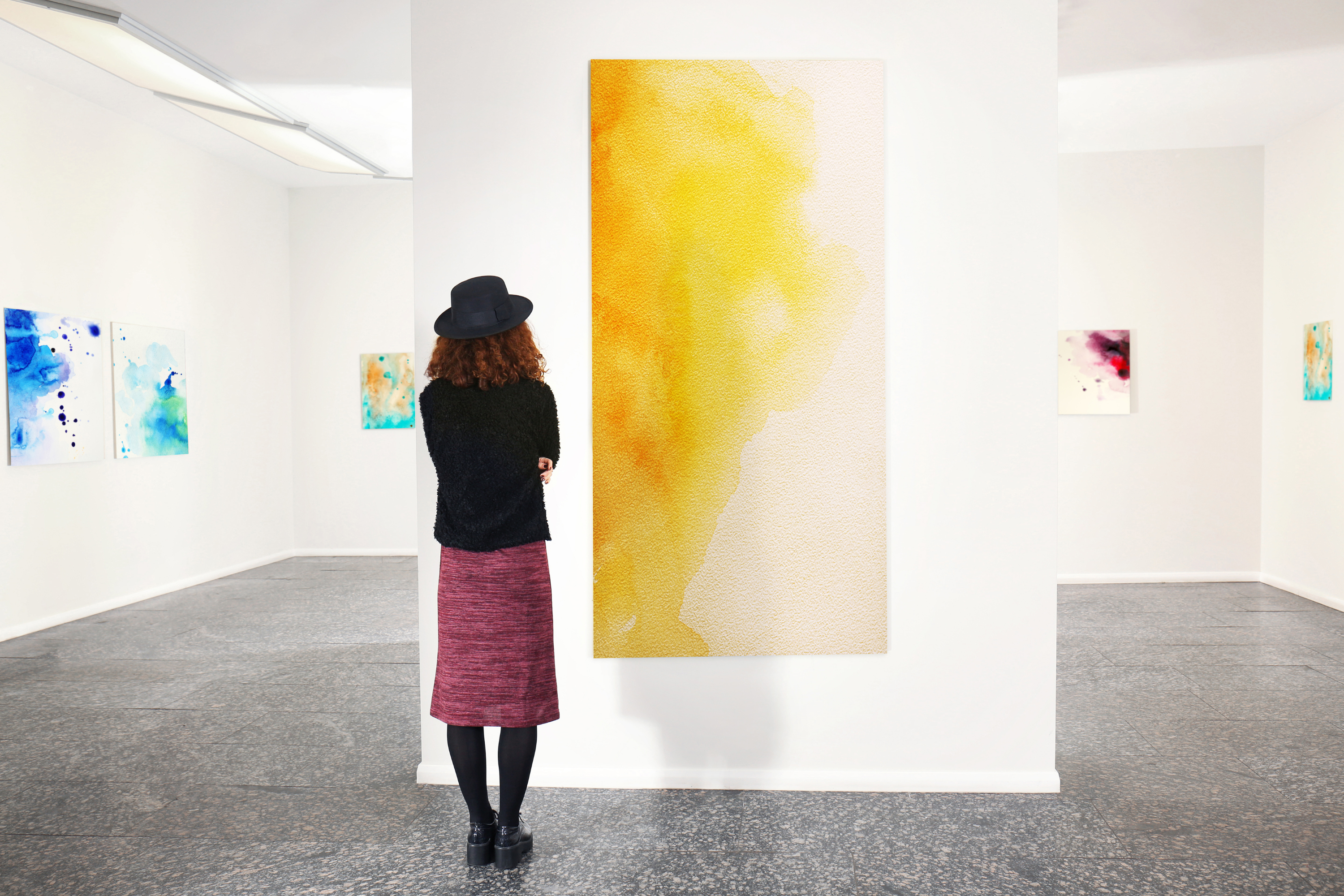Imagine that you are the landlord of an elderly, reclusive tenant who has been with you for decades. Right before the tenant dies, he is moved to a nursing home and tells you he does not need anything from his apartment. It is all “yours.” He certainly does not give written direction to pass on copyright ownership to any other person for any intellectual property he might own.
As you clean out decades of accumulated trash and debris, you discover that your tenant was a prolific artist and writer – and that his work is really, really good. Over the ensuing decades, you salvage and promote his work to the point that he is recognized as one of the best-ever self-taught artists in America, with works permanently displayed at the American Folk Art Museum, MOMA, and the Art Institute of Chicago, and illustrations selling for six figures.
Since he bequeathed everything to you, this success has benefited you as well – which you see as only fair due to the effort you have put into ensuring his legacy.
Then, nearly 50 years after he died, a probate court refuses to dismiss a case where the artist’s heirs – mostly second and third cousins – are arguing that they are the ones who truly own his copyrights and should be collecting his estate’s assets. People who did not come forward for decades until a photographer tracked them down and shared a law student’s note questioning whether you legitimately held the copyright to the artist’s works.
This is exactly what happened recently in Darger v. Lerner – Darger referring to the estate of the now-renowned artist Henry Darger – and Lerner his one-time landlords, Nathan and Kiyoko.
What exactly happened?
Darger v. Lerner: Why the Court Sided with the Family
When Darger’s estate sued Kiyoko Lerner and her deceased husband’s estate for copyright infringement and control of Henry Darger’s copyrights, arguing he did not really pass on copyright ownership to them, Lerner’s representatives quickly moved to dismiss the complaint.
These were the issues in contention:
Timeliness. No one from the family attempted to claim Darger’s copyright for decades. Because of this, Lerner’s lawyers argued that the statute of limitations and the doctrine of laches prevented them from trying to get copyright ownership. The court disagreed, arguing three things:
- Laches did not apply to copyright infringement.
- The three-year statute of limitations for copyright infringement applies for each instance of infringement – which was still ongoing.
- Discovery. Namely, that it was understandable the family would not file a claim for so long because Mr. Darger was cut off from his extended family members and due to the fact that the court only appointed an estate administrator in 2022.
Failure to demonstrate lack of copyright ownership. Essentially, the defendants argued that the family did not offer proof against Darger’s gift of his work to the Lerners. The court fired back that the Darger estate was not required to provide evidence to file a claim, so that should not apply in a motion to dismiss.
Written vs. verbal ownership transfer. In disputing the Lerner’s right to Darger’s copyrights, the estate argued that he did not pass on copyright ownership to them in writing. This is not something the Lerners dispute.
However, the Lerners point to the fact that current copyright law, which requires written transfer, did not go into effect until after Darger died. Further, they assert that their rights are protected by common law copyright – since the works were not published until after Darger’s death – and the 1909 Copyright Act, which says transfer of the physical works is sufficient.
This is where it gets interesting. Despite agreeing with the defendants on both of those points, the court refused to dismiss on these grounds: There were still questions about whether Darger had actually intended to pass on copyright ownership to them. When he waved his hand and called it all theirs, did he really mean the Lerners owned all his possessions from then on?
Physical access. One of the requests of the estate was to gain physical access to Darger’s works to create copies of them. The defendants argued that this request was preempted by copyright law. However, the court disagreed, saying that the estate’s request was different from the rights conferred by the Copyright Act.
Misrepresentation. Another claim by the estate is that the defendants misrepresented themselves by claiming affiliation with Darger and the estate. Again the defendants attempted to argue that the claim should be preempted due to copyright law protections. Again, they were denied by the court, which basically said that the law still did not allow them to misrepresent themselves.
What Happens Now?
To put it simply: a court case.
None of the probate court’s rulings are saying that the defendants are guilty of wrongdoing – merely that the reasons they offered for dismissing the claim do not pass muster. The court believes that there is a legitimate argument being made by Darger’s estate, as well, and they deserve the chance to prove their claim.
What happens next only time – and the law – will tell.
